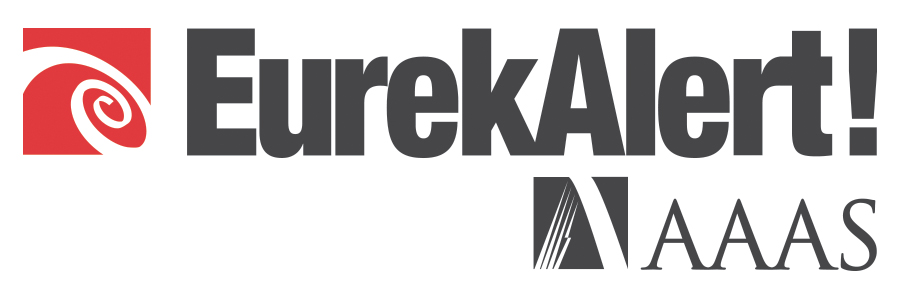
Alexandria, VA, USA – 2019 marks the Centennial of the Journal of Dental Research (JDR). Over the last century the JDR has been dedicated to the dissemination of new knowledge and information on all sciences relevant to dentistry and to the oral cavity and associated structures in health and disease. To celebrate, the JDR is featuring a yearlong, commemorative article and podcast series that highlights topics that have transformed dental, oral and craniofacial research over the past 100 years.
The importance and value of behavioral sciences in dentistry has long been recognized and over time behavioral sciences have expanded our understanding of oral health beyond ‘disease’ to a broader biopsychosocial concept of oral health. In the JDR Centennial article “Behavioral Sciences in the Promotion of Oral Health,” Colman McGrath, University of Hong Kong, SAR, China, discusses how this broadened view has led dentistry away from a focus of ‘treatment’ to oral health ‘care.’
“Over the past 100 years, key oral health behaviors have been identified including diet, oral hygiene and dental services, and the relationship between individual factors and the broader environmental factors have been increasingly emphasized, leading to a united call for action in addressing oral health inequalities,” said McGrath.
“More recently behavioral therapies, such as cognitive behavioral therapy, are increasingly being employed in dental practice in the management of dental anxiety, pain and psychosomatic dental and oral problems with promising results,” said McGrath. “There is a need to consider training for dental professionals, resources and tools for implementation and a systematic approach of what interventions to use, how to employ them, when and for how long, in addition to determining the cost effectiveness and benefits of such approaches.”
Accompanying the article, the JDR Centennial podcast “Behavioral Sciences in the Promotion of Oral Health,” features a conversation between McGrath and Lois Cohen, Consultant, National Institute of Dental and Craniofacial Research, National Institutes of Health, Bethesda, Maryland, USA, moderated by JDR Associate Editor Falk Schwendicke of Charite University in Berlin, Germany.
###
The December 2019 issue of the JDR also includes and Historical Highlight 13 on Germfree Animals for the Study of Dental Caries by JDR Associate Editor, Nicholas Jakubovics, Newcastle University, England.
The legacy of the JDR was honored during a celebration at the 97th General Session of the IADR, held in conjunction with the 48th Annual Meeting of the AADR and the 43rdAnnual Meeting of the Canadian Association for Dental Research, in Vancouver, British Columbia, Canada on June 19-22, 2019. For more information on the JDR Centennial, please visit: //www.
Click here to view a PDF of this press release.
About the Journal of Dental Research
The IADR/AADR Journal of Dental Research (JDR) is a multidisciplinary journal dedicated to the dissemination of new knowledge in all sciences relevant to dentistry and the oral cavity and associated structures in health and disease. The JDR continues to rank #1 of 90 journals in Eigenfactor with a score of 0.021290, ranks #2 in Impact Factor of 90 journals in the “Dentistry, Oral Surgery & Medicine” category at 5.125 and ranks #2 of 90 in Article Influence with a score of 1.643.The JDR‘s 5-year Impact Factor has remained above 5 for the fourth year at 5.722, ranking #2 of 91 journals. With over 20,000 citations, the JDR also boasts the most citations in the “Dentistry, Oral Surgery & Medicine” category — 4,500 citations above the second ranked journal in the field.
International Association for Dental Research
The International Association for Dental Research (IADR) is a nonprofit organization with over 10,000 individual members worldwide, with a Mission to drive dental, oral and craniofacial research to advance health and well-being worldwide. To learn more, visit //www.
Disclaimer: AAAS and EurekAlert! are not responsible for the accuracy of news releases posted to EurekAlert! by contributing institutions or for the use of any information through the EurekAlert system.

